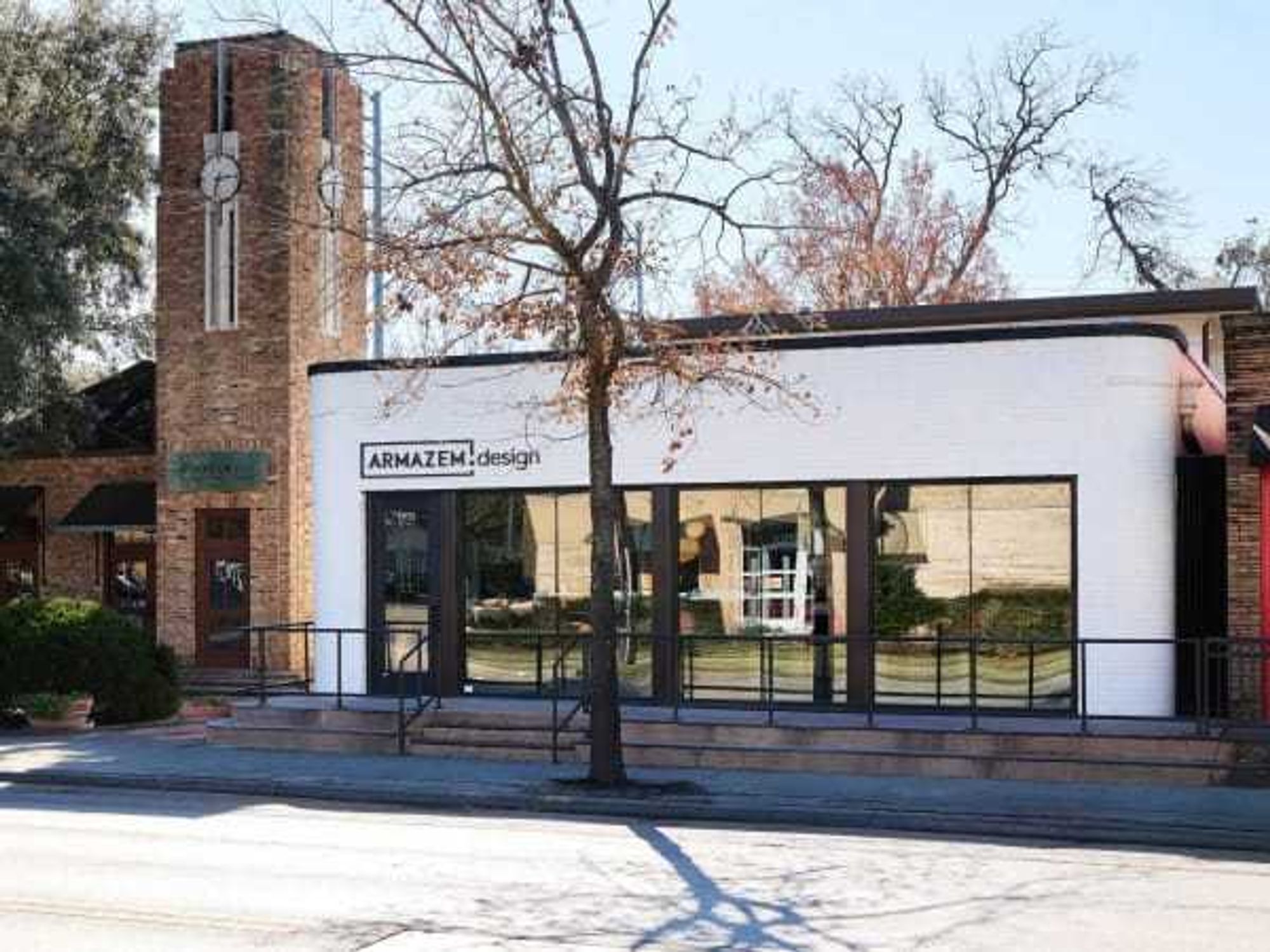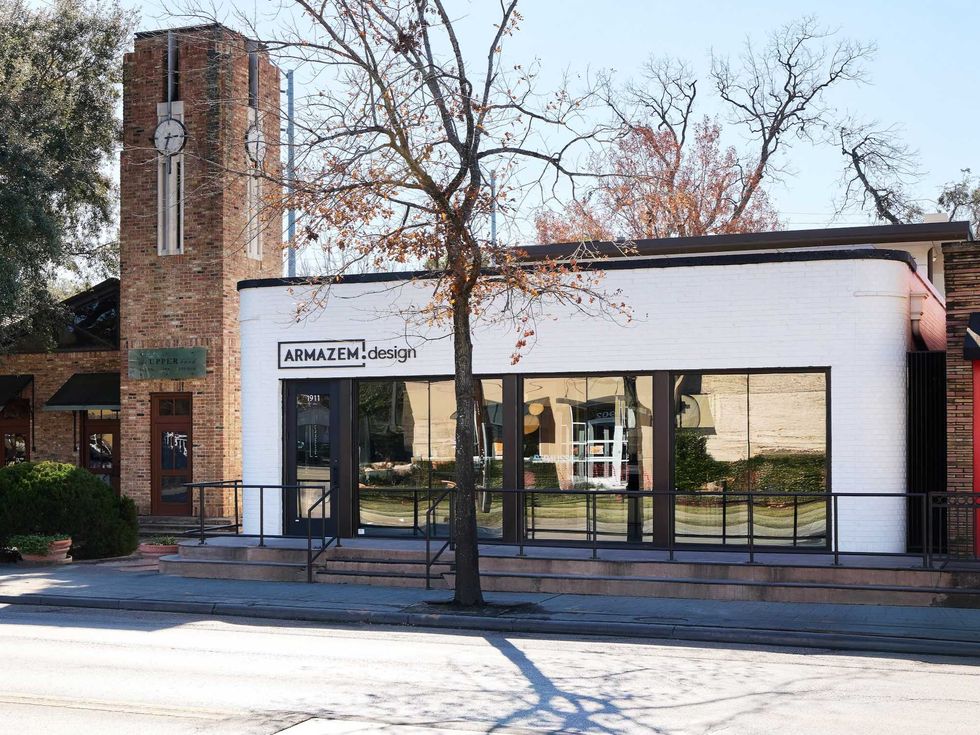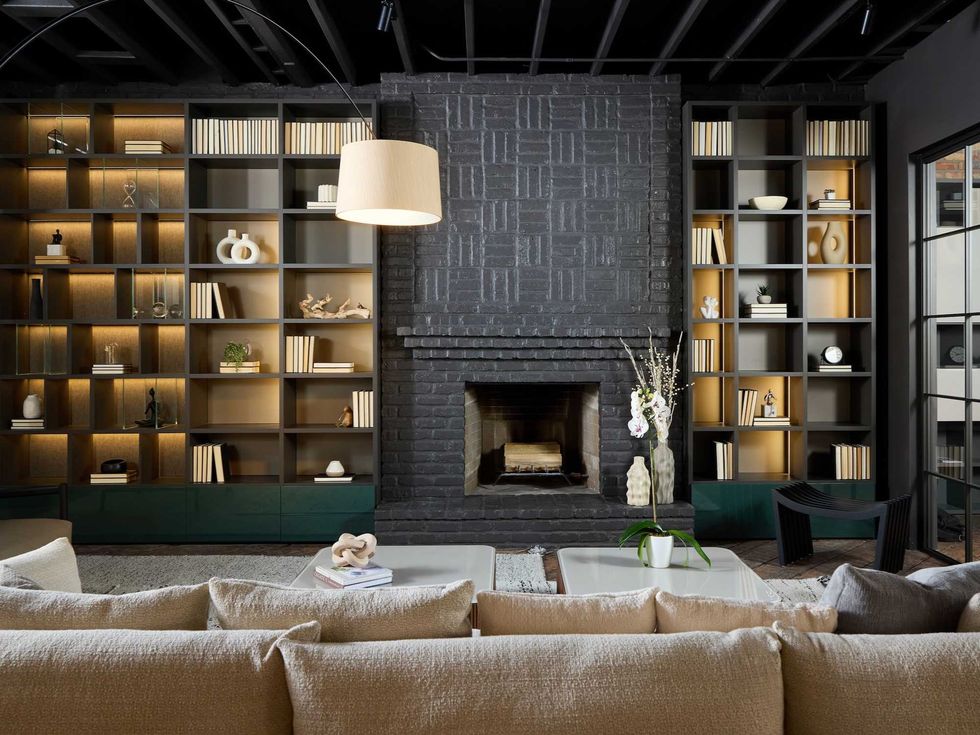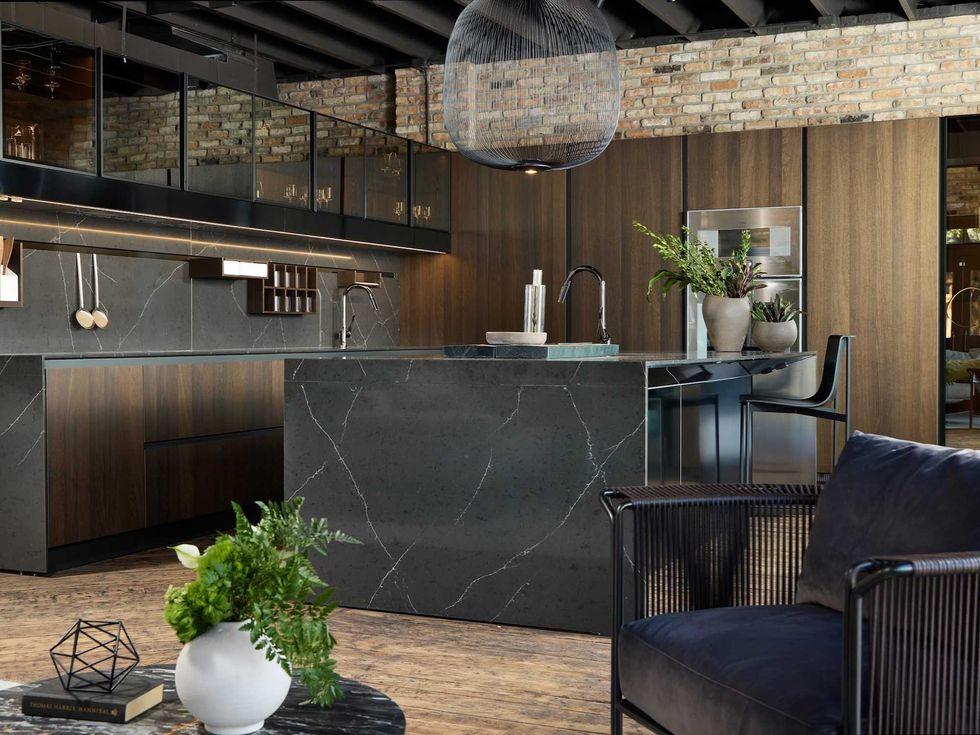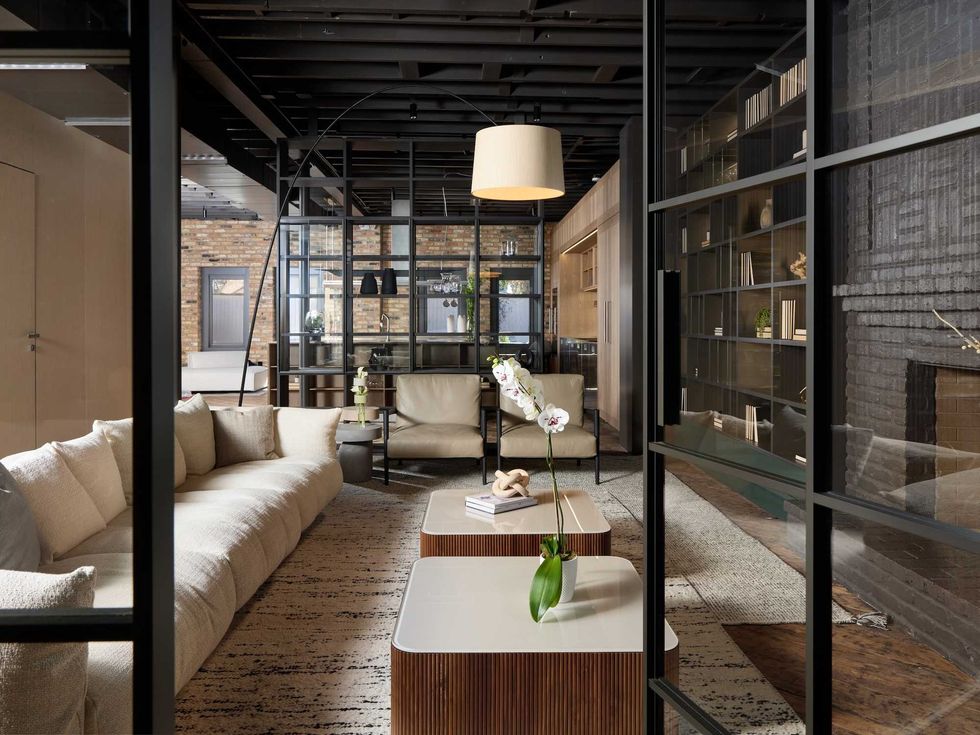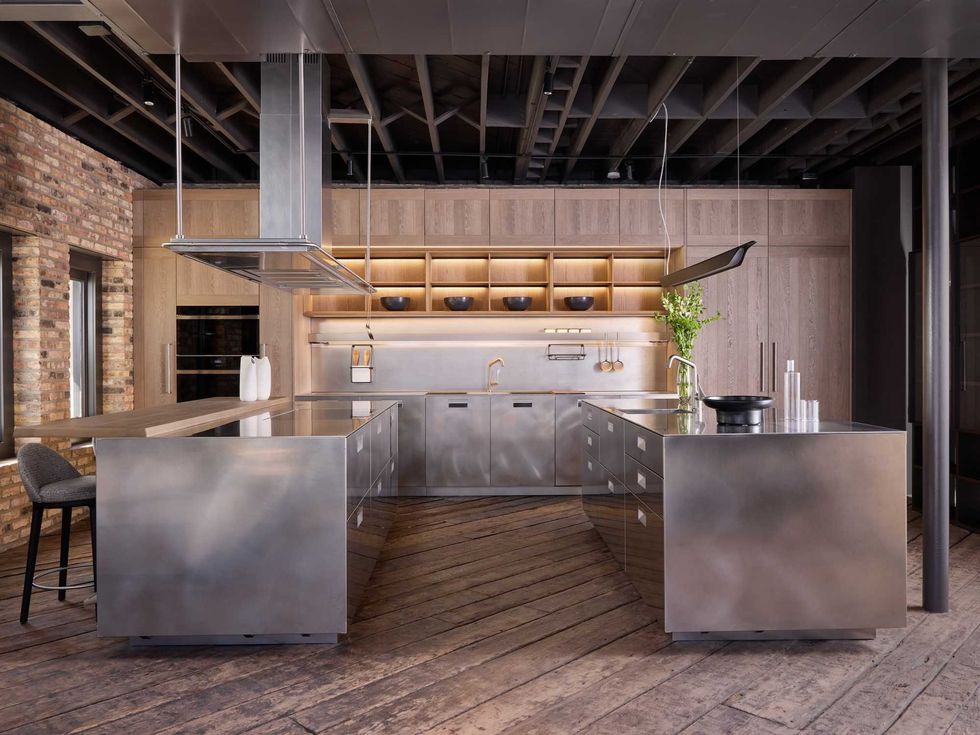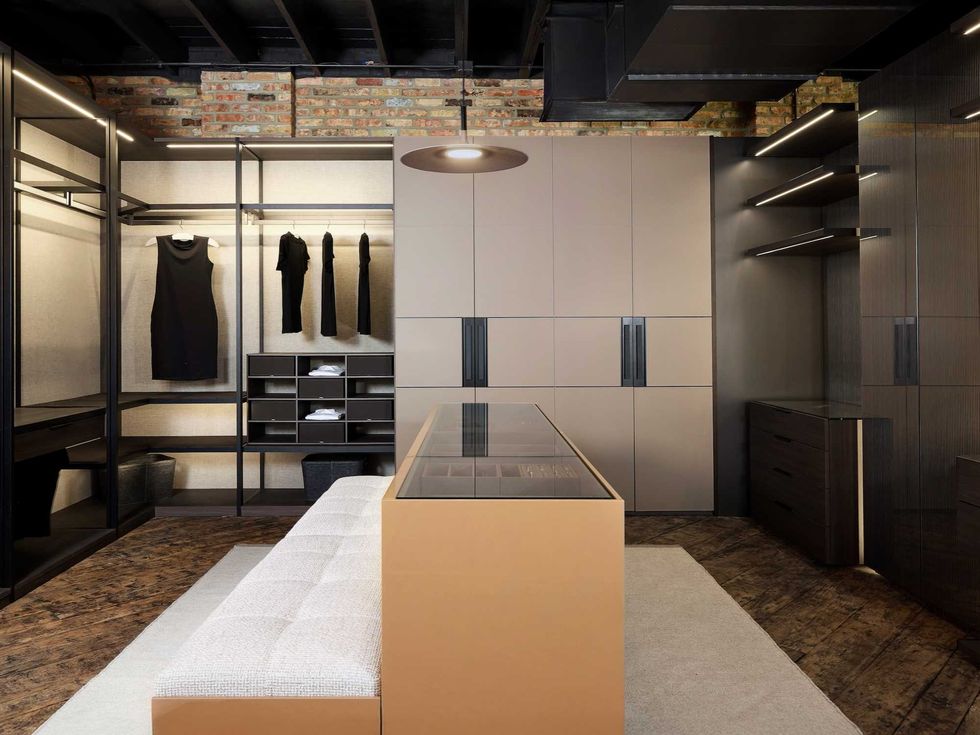Curb Appeal
Making gardens greener: Fighting drought & saving money with organics,alternative plants
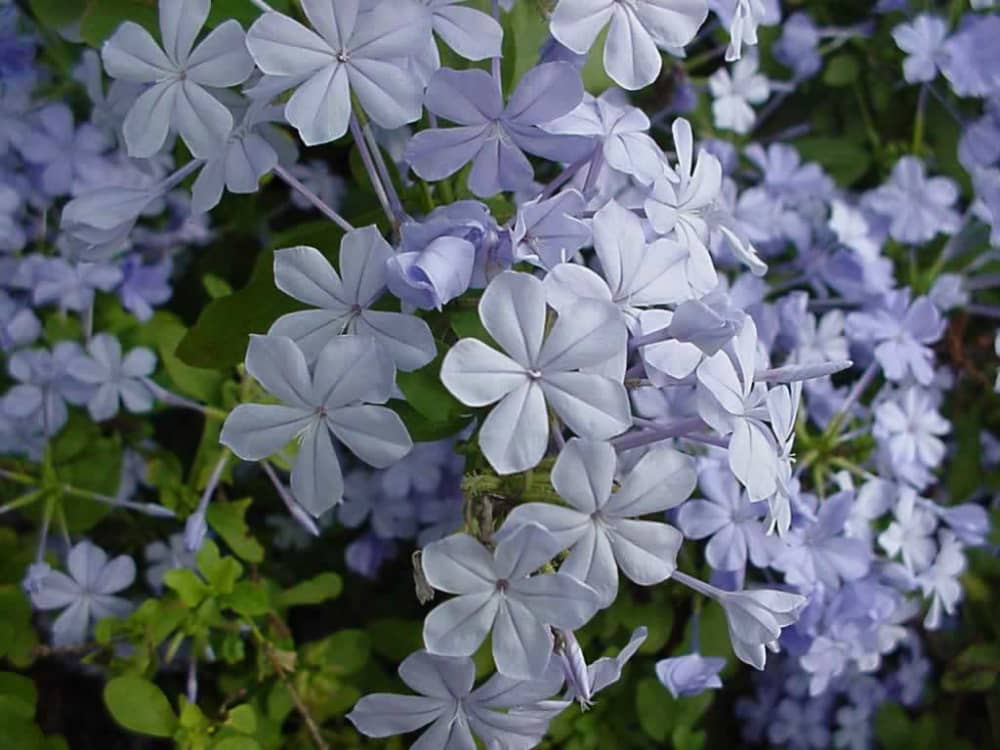 Plumbago
Plumbago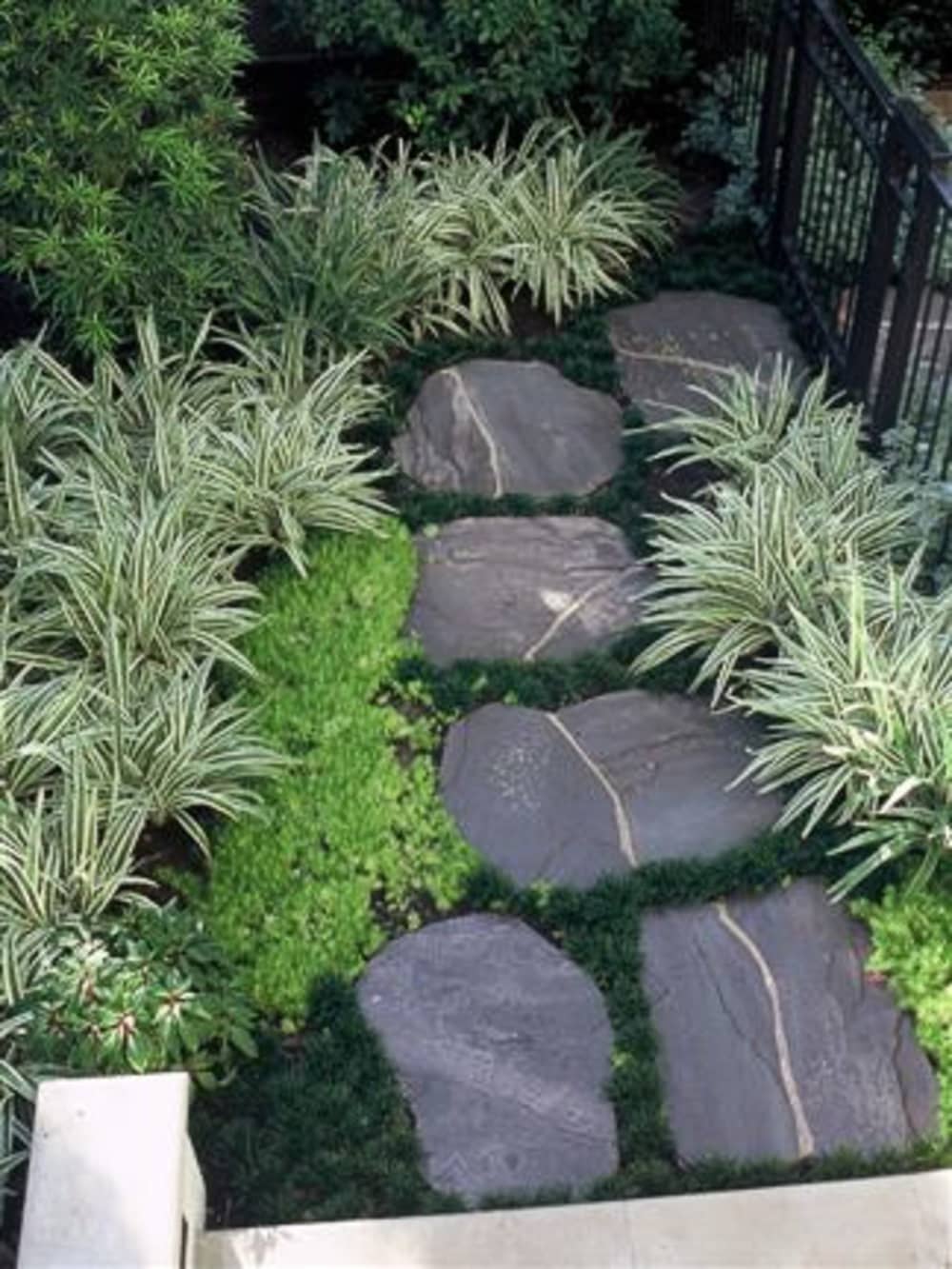 The new natural garden: A combination of Mexican sedum, Dianella and dwarf mondograss with flagstone stepping stones.
The new natural garden: A combination of Mexican sedum, Dianella and dwarf mondograss with flagstone stepping stones.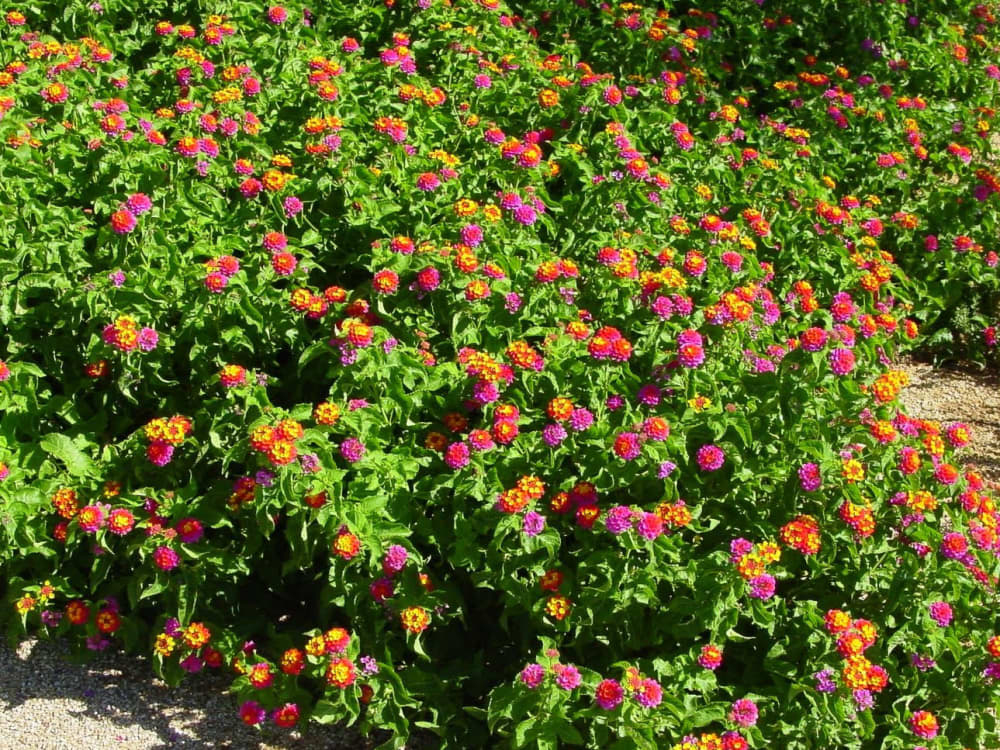 LantanaPhoto by AZ Plant Lady
LantanaPhoto by AZ Plant Lady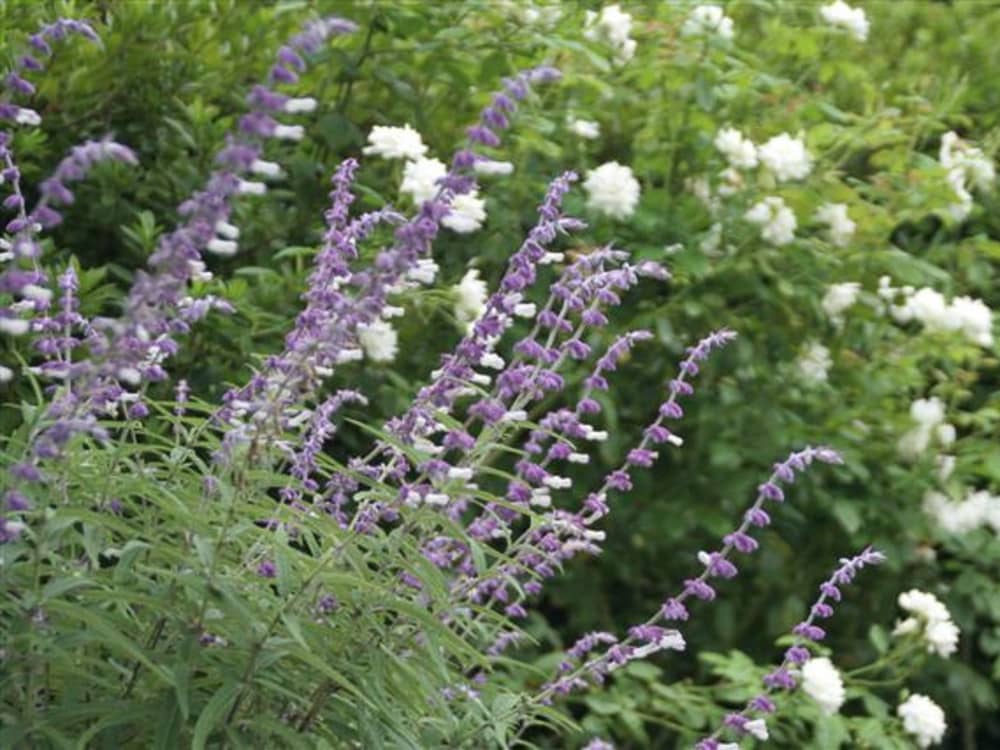 Salvia: one of the new low-maintenance, low-water perennial flowers.
Salvia: one of the new low-maintenance, low-water perennial flowers.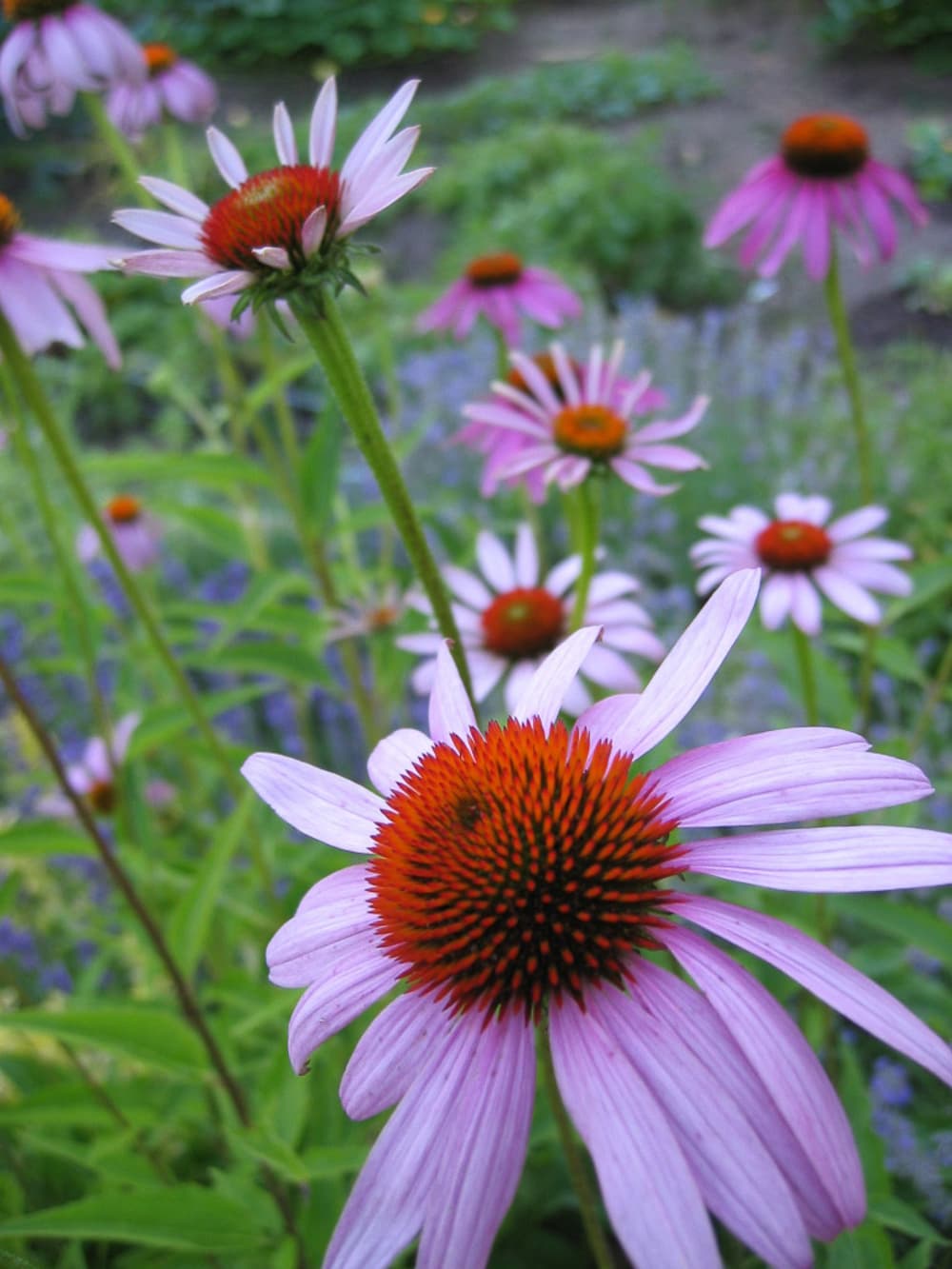 Purple coneflower
Purple coneflower
When it comes to real estate, there's a lot more to curb appeal than four walls. A beautifully landscaped yard doesn't just make your home more beautiful, it increases the value and creates new options for outdoor living space.
No one knows the value of green like Houston landscape architecture firm McDugald-Steele. Since 1975, the firm has created spectacular outdoor spaces for some of Houston and Austin's most prominent residents.
"The fun thing about the gardens is with a house, you build a house, you put furniture in it, you hand the owner the keys and then the job's kinda done," project director David Samuelson says. "With a garden, when it's built or installed, that's really when it starts, because you've got to start maintaining it, you've got to keep the integrity of design intact, because you can lose a garden easily in a year."
But while green may be the name of the game when it comes to gardens, creating a yard that's environmentally friendly is on the mind of more and more homeowners.
"Green to us means water conservation, and it means organics," says McDugald-Steele installation and maintenance manager Greg Kershaw. "You can boil organics down to soil biology and the health of the soil. That's the foundation for organics. if you get the soil right, you've got it made. Then you have healthy plants, you're saving water, and you're not using chemicals."
Organics have more to offer than just healthier plants. They eliminate the risk of chemical residue on kids or pets that play in the yard.
The introduction and change to organic soil has been a bumpy road. Traditional soil compounds date to the end of World War II, when chemical companies like Monsanto had excess supplies of chemicals that had been used to make bombs, including phosphorus and potassium chloride. It was discovered that these chemicals also worked as fertilizers, and the faster-is-better ideology took hold.
You've heard of the slow food movement? Consider this the slow garden movement.
"When the soil is healthy it starts a natural process that keeps going," Kershaw says. "All you need to do then is feed the microorganisms in the soil. Healthy plants are not areas where insect pests want to come in. Insect pests want plants that are under stress.
"A healthy plant really wards off insects and diseases — it's funny the way that works, but it does. That's just the way Mother Nature handles it, and it's sustainable if you reach that balance in the soil.
"What we have to do is educate our clients, because organics don't change things as quickly as synthetics or a chemical might. You cant expect immediate turn around with some of this stuff, it takes a little longer. It's not on drugs."
But organics have more to offer than just healthier plants. They eliminate the risk of chemical residue on kids or pets that play in the yard. Over time, they also can help homeowners save money by reducing fertilization and water costs.
"Once you introduce organics, it helps loosen the soil, and water is able to penetrate deeper — it doesn't run off as much, so there's not as much wasted," Samuelson says. "It goes into the soil and it's saved. You have more water that's percolating because the soil is more pliable."
And in a season marred by droughts around Texas, organic soil can help keep a garden alive. It has the ability to hold on to water longer, and by encouraging plants to grow deeper, larger roots, they become less susceptible to drought conditions. "It's a win-win," Kershaw says.
Kershaw says more clients are factoring in the cost of water when planning a garden, and choosing perennials like plumbago, purple cone flower, lantana and salvia.
"You're going to see us go more and more towards having alternative plant palettes, away from your traditional southern garden — azaleas, camellias, gardenias. You're probably going to see people go more towards perennials, ornamental grass, lantana — things that don't take as much water.
"You just have to live with a different look in your garden. I think people are going to go more and more for that type of garden and as landscape architects we have to suggest that."
